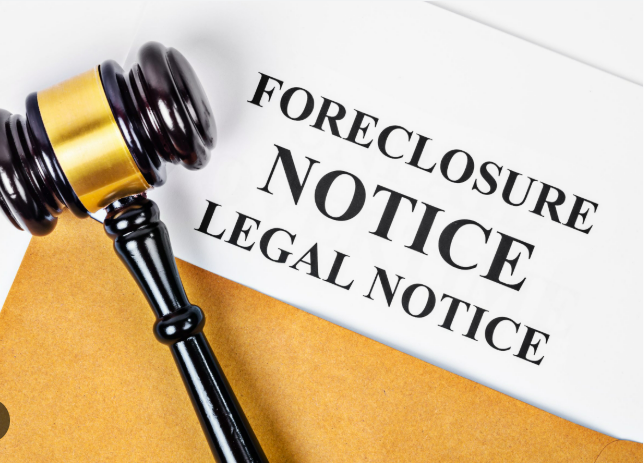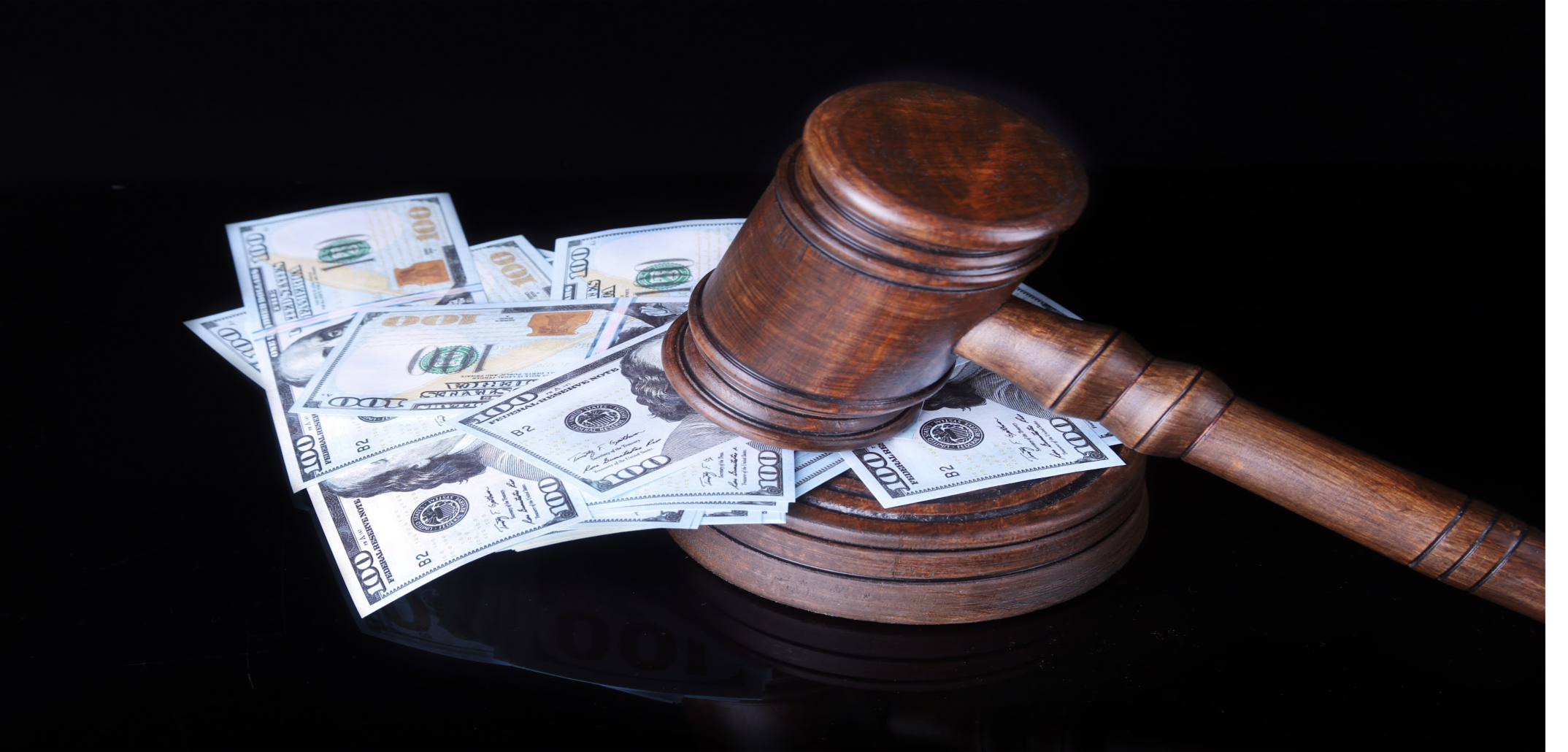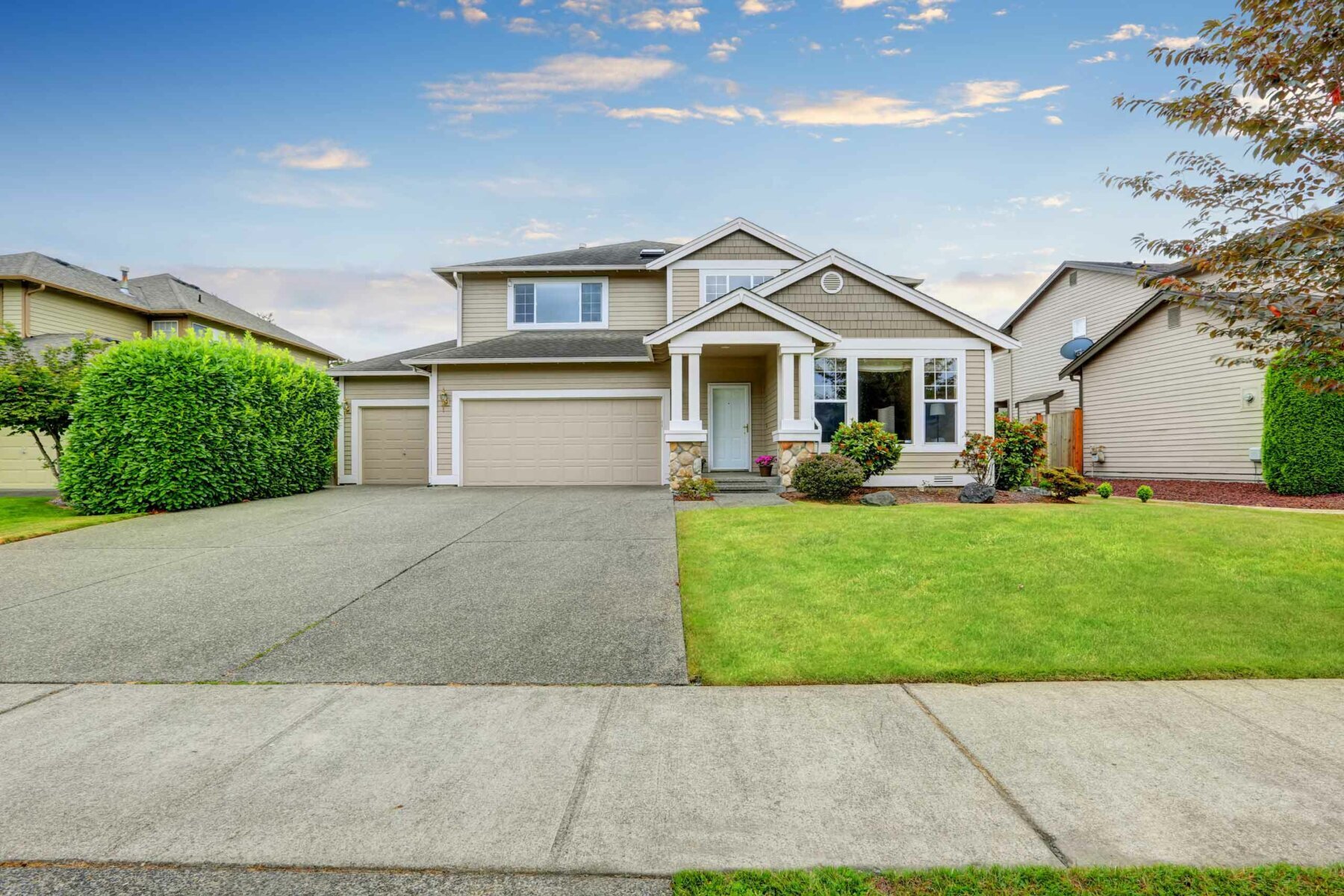Foreclosure is one of the most stressful and downright demoralizing experiences a homeowner will ever have to face. When mortgage payments start falling behind, the clock really does start ticking – and the risk of foreclosure starts to pile up. In Charlotte, a city wrestling with both rapid growth and affordability problems, many families are finding themselves mired in financial difficulties that are threatening their home – and their sense of security. If you’re one of them, don’t throw in the towel. This blog is here to help you navigate the situation and show you there are ways out, even when the going gets really tough.

Understanding Foreclosure in Charlotte
Foreclosure is the way a lender tries to get back some of the money you owe them when you stop making loan payments. In North Carolina, the way lenders handle foreclosure is pretty straightforward – it’s non-judicial, meaning they don’t need to go to court to take back the property. This makes the whole process go a lot faster than it would in court, leaving homeowners with less time to take action.
First things first, you need to get a handle on how long you’ve got before it’s too late. Usually, when you miss a few payments, you’ll get a letter or a notice saying you’re in default or that the lender wants you to pay up. If you don’t do anything, the lender may go and file a foreclosure case against you, which starts the whole process rolling. They then send out notices for a foreclosure hearing at the county courthouse and a sale at the same place.
To get a clear picture of how the foreclosure process works in North Carolina, here’s what typically happens: the lender files the necessary paperwork first, then there’s a hearing, and if you don’t sort things out by then, the property gets sold at auction.
But here’s the good news – even if you’re really deep into the process, there are still things you can do to stop a foreclosure, even after a case has been filed. If you act fast and know what you’re doing, you can talk your way out of foreclosure.
Getting a Handle on Your Finances
Before you start looking into solutions, you really need to get a good look at your money situation. How many payments have you missed? What’s the total you owe on your mortgage, including the penalties and fees? Sometimes, you might be struggling to pay more than just your mortgage – like your property taxes, which can make it a whole lot harder to avoid foreclosure.
Take some time to work out a basic budget that lists your income and your essential expenses. As you do this, see if you can spot where things are going wrong – like, are you really having trouble paying your mortgage or other debts? If you can’t pay the whole amount, that’s when you might want to think about setting up a payment plan to help you manage your debt. The same goes for paying your property taxes on time – if you don’t, you’re just increasing the risk of foreclosure even more. Once you know where you stand, you’ll be able to figure out what kind of solution makes the most sense for you. Some options are for a temporary fix, while others are about finding a new home for good – so it’s really important to know where you stand financially before you start looking into anything.
Getting in Touch with Your Lender
A lot of homeowners make the mistake of avoiding their lender when they’re having trouble paying their mortgage. It’s understandable – fear and shame can make it tough to call the bank, but if you don’t talk to them, things are only going to get worse. The sooner you get in touch with your mortgage servicer or lender, the more options you’ll have to sort out the problem.
The thing is, lenders actually don’t want to have to go through with a foreclosure if they can avoid it. It’s expensive and time-consuming, and even then, they’re not guaranteed to get all of their money back. So, many lenders offer all sorts of services designed to help homeowners who are struggling to pay their loans. These might include things like loan modifications, payment plans, or even selling the house for less than you owe (a short sale).
Just pick up the phone and ask to speak to the loss mitigation department at your lender. The sooner you call and the sooner you respond to any calls from your lender, the better your chances of finding a way out of this mess. Be honest with them about your financial situation and how willing you are to find a solution – and make sure to keep a record of every call or letter you send. The more you communicate, the more likely you are to find a way out of foreclosure.

Getting a Grip on Loan Modification Options
One of the most effective tools for heading off a foreclosure is a loan modification – and it’s a game-changer. If you qualify, your lender may be willing to rework the terms on your mortgage so your payments are more manageable, which could involve cutting your interest rate, stretching out the loan period, or even rolling those delinquent payments into the loan balance itself. Certain types of mortgages, like FHA-backed ones, may come with their own specific options for modification.
In Charlotte, loan mods have been a lifeline for a lot of homeowners who’ve hit a rough patch – whether that’s a job loss, a medical crisis, or a divorce – but who still want to keep their home in the long run. Many lenders are part of federally backed modification programs, including those catering to FHA mortgages, or have their own internal solutions.
To apply, you’ll need to dig up some financial documents like pay stubs, tax returns, and an honest-to-goodness hardship letter explaining what’s going on – and make sure everything is in order so you don’t hit any snags on the way. A successful modification can be a real breath of fresh air – and help make your mortgage payments that much more doable.
Forbearance and Repayment Plans: the Difference
If you’re only experiencing a temporary cash flow problem, a forbearance agreement might be the answer you’re looking for. This lets you pause or trim your mortgage payments for a set period of time – say while you’re waiting for your income to pick up, or until you’ve recovered from an illness or had some other kind of temporary setback. After that hiatus, though, you’ll have to get back to making your regular payments – including any debt that piled up during the forbearance period. You can either pay off that debt in a lump sum, set up a repayment plan, or stretch it out by extending the loan period.
This option really comes in handy if you’re counting on your income bouncing back – like seasonal work, a recovery from illness, or a furlough. Charlotte saw a lot of homeowners take advantage of forbearance during the pandemic, and many lenders have remained pretty flexible in offering it to those facing a temporary hardship.
Repayment plans, on the other hand, give you a way to catch up on what you owe by letting you make regular payments while chipping away at those missed payments. These are often used when someone’s had a brief cash flow hiccup – like a medical bill or a car repair throwing them off track.
Selling Out of Foreclosure
Sometimes the simplest – and most straightforward – solution is to sell the house. This is especially true if your income has taken a permanent hit and you just can’t keep the home any more.
If your home’s value is greater than what you still owe on the mortgage, you can sell it and use that cash to pay off the mortgage company. Charlotte’s housing market is pretty competitive in many neighborhoods, so if your home is in good shape and priced right, you can probably get a good sale – and get on with your life. You can work with a local realtor who knows the ropes on selling distressed homes and can get things done fast – because speed really does matter when it comes to pre-foreclosure sales.
If your loan balance is higher than the value of the home, though, a short sale might be the way to go.
Thinking About a Short Sale
A short sale is when you sell the property for less than what you owe – and get your lender’s permission to do so. This means you’ll need to dig up a lot of documents, including proof of financial hardship and the fair market value of the home. But if you can pull it off, it can mean avoiding that foreclosure from appearing on your credit report.
Short sales are pretty complicated, but they’re often a better option for both lenders and homeowners than going to full foreclosure. In Charlotte, lenders have been pretty open to short sales when they can see that a homeowner just can’t afford their home any more – and a sale will leave both parties in a better financial shape than foreclosure.
If a short sale isn’t on the table, then another option might be a deed in lieu of foreclosure – where you basically give the lender the keys and give up ownership of the property. This can sometimes be a good way out for homeowners who don’t have any other options left.
One of the key benefits of a successful short sale is that it can really limit the impact on your credit score – and give you a bit of a head start on rebuilding your finances. And don’t forget to seek out some professional help to navigate the potential minefield of paperwork and regulations.
Working with a Cash Home Buyer
For homeowners in Charlotte facing foreclosure and needing to sell fast, working with a reputable cash home buyer can be a smart solution. Cash buyers can often close in as little as seven days, which is critical if your foreclosure sale is imminent.
These buyers usually buy homes as-is, so you don’t have to worry about tossing cash at repairs, staging, or hosting open houses. Yeah, the purchase price might be a hair below market value, but the speed and certainty of getting the deal done more than makes up for it – especially when you’re staring down the barrel of foreclosure in just a couple of weeks.
Just make sure to pick a reputable buyer with good reviews and a track record of closing deals. If they’re transparent and flexible, and they really know their stuff when it comes to foreclosure timelines, you’re likely dealing with a pro.
Filing for Bankruptcy – Last Resort
Bankruptcy’s a legal option that can put the brakes on foreclosure – at least for a little while – by automatically putting things on hold. Chapter 13 lets you hammer out a repayment plan to get back on track with your payments in three to five years – and still keep your home.
However, you’ll want to think very carefully about this one, and only do it with the advice and guidance of a qualified bankruptcy lawyer. And while you’re at it, brush up on the Code of Federal Regulations and Regulation X – I mean, come on, do your homework !. Bankruptcy’s got long-term financial implications that need to be taken into account, and you need to understand the risks and consequences. Also, watch out for services that want you to cough up upfront fees – that’s often a sign of a scam.
For some folks in Charlotte who’ve run out of other options, though, bankruptcy can be a way to structure a plan to avoid foreclosure and protect what’s left.
Using Local Housing Help – There’s Plenty Available
You’ll find a bunch of non-profit and government resources in Charlotte that can help you navigate the foreclosure situation. There are housing counselors and HUD-approved counselors who are there to help you figure out your options. Places like the Charlotte Center for Legal Advocacy, Crisis Assistance Ministry, and the Housing Collaborative are just a few of the organizations offering free or low-cost housing counseling, legal aid, and a bit of financial help.
A lot of these services are designed to help you save your home – and they’re part of broader urban development initiatives that are guided by federal law. They’re all about helping you avoid foreclosure and giving you a range of options to get back on your feet. Don’t be shy about reaching out for help – these pros can be the difference between saving your home and losing it.
You may also be eligible for state-level foreclosure prevention funds if you live in North Carolina through the Housing Finance Agency – especially if it’s tied to job loss, health issues, or some other kind of crisis.
Don’t Waste Any Time – Act Fast
Getting ahead of foreclosure all comes down to one thing: time. The sooner you take action, the more options you’ll have and the less stress you’ll be under. As a struggling homeowner, consider getting a refinance – pronto. Putting things off won’t make it go away, and delaying things will just limit your choices and ramp up the stress.
Whether you end up going for a loan modification, negotiating new terms, selling up, re-financing, or looking at alternative relief programs, the key is to take action – and fast. That’s the first and best step towards getting things sorted out.
Foreclosure can be terrifying, but it’s not the end of the road. If you know your options, speak up early, and get the right people on your side, you can take control of your future and get moving with confidence.
Conclusion
If you’re a homeowner in Charlotte worried about foreclosure, know that you’re not alone—and help is available. From proactive communication with lenders to leveraging local resources and selling before foreclosure hits, there are multiple paths to protect your home or make a fresh start.
Remember, knowing how to stop foreclosure is only half the battle. Taking real, immediate steps is what will make the difference. Charlotte may be facing housing affordability issues, but it’s also a city full of opportunity, support systems, and solutions for homeowners who act before it’s too late.


But it gets better:
You can sell fast without an agent with no rush to move. You don’t have to move out right away; you can stay in your home for awhile until you locate another home.
We are confident that we can help you today – regardless of the situation.
